The salmon mousse point: Tories must brace for rout worse than 1997
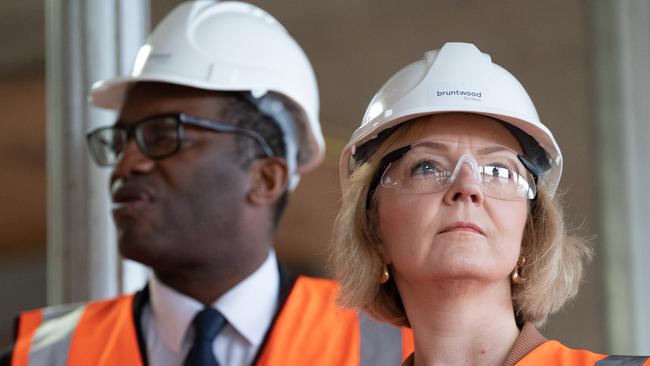
As a senior adviser to John Major, I had been invited to attend a parliamentary press gallery lunch by the political editor of a national newspaper. When I arrived, his face made it obvious that something untoward had occurred. He’d double booked. And as Campbell, Tony Blair’s press man, arrived second, the political editor was stuck with me.
He couldn’t have made it more obvious that he’d much rather be dining with the opposition than the government, as we represented past stories and they represented future ones. We were going out and they were coming in. I ate the salmon mousse in virtual silence. And subsequently had to take a week off with food poisoning.
The Conservatives aren’t certain to lose the next election but we have reached the point where everyone in politics expects them to. The point where the political editors might prefer lunch with the opposition than the government.
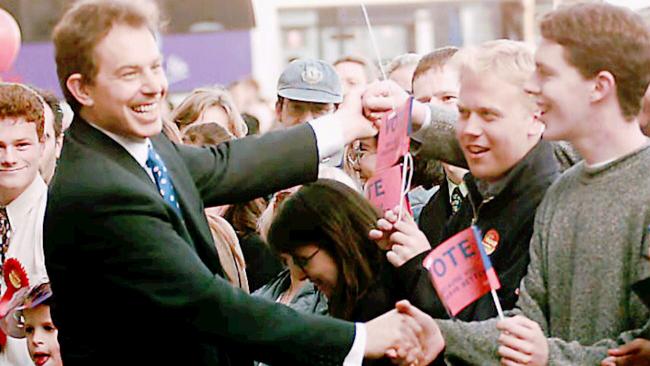
What wasn’t realised in 1996 was just how big Labour’s victory would be. Indeed even on election day in 1997, when polls were predicting an absolutely massive landslide, lots of people anticipated a much more modest Labour victory. Indeed I think that if more people in the country realised that their neighbours actually were going to vote Labour, more of them would have done so. The 1997 landslide might have been bigger if more people had expected it.
Looking at the vast Labour opinion poll leads now, there is an assumption that nothing quite as dramatic as that will actually happen in the end. And perhaps it won’t. But I just want to say this: perhaps it will.
In 1997, of course, Labour had Blair and his brilliant campaign of reassurance. Now Labour has Keir Starmer, still much more tentative. But then again, in 1997 the economy was looking up. In 2024 it might well not be.
In order to win an election, in fact in order not to lose by a landslide, you need some people to like you, and you have to like them back. I mean not just a few loyal people with a Tory history or a handful of niche ideologues. Real, actual people.
Yet the Tory party seems to want to be at war with as many people as it can find.
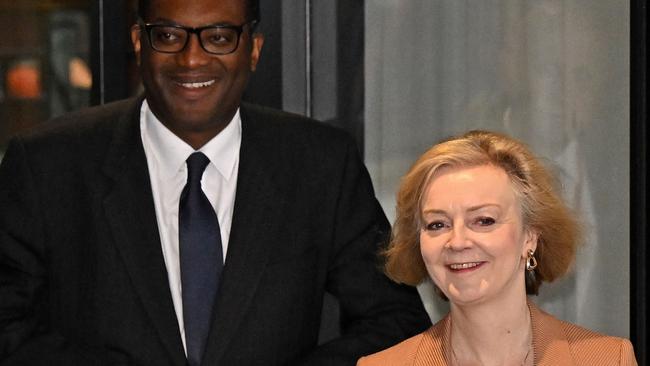
Metropolitan elites, people who study golf course management in universities, young people, the Treasury, big business, people who work from home, the International Monetary Fund, the civil service, the BBC. The only people who don’t think the Conservative Party is for the rich are the rich who think the Tory party hates them.
During the leadership election it was possible to win applause by suggesting that the Conservatives were hard done by in the media. Do these people not read any newspapers? The existence of a wide range of media outlets sympathetic to Tory views has been one of the most marked features of politics over the past century. That’s what the “mainstream media” is.
The current government takes a tilt at conventional wisdom and orthodoxy. I am certainly all for creative thinking and the avoidance of complacency but convention, wisdom and orthodoxy are odd targets for a Conservative Party. As is the establishment.
The other day Nile Gardiner, a former adviser to Margaret Thatcher, urged Liz Truss to stand firm on her program. “This is not a popularity contest,” he said.
I know what he meant. What is important with policy is whether it works and makes sense. There is a lot to be said for a policy of lower taxes and deregulation, given our decision to leave the EU, and in the short term these might be politically difficult. But as well as being right, Gardiner was also hopelessly wrong. Of course politics is a popularity contest. You can’t just ignore that.
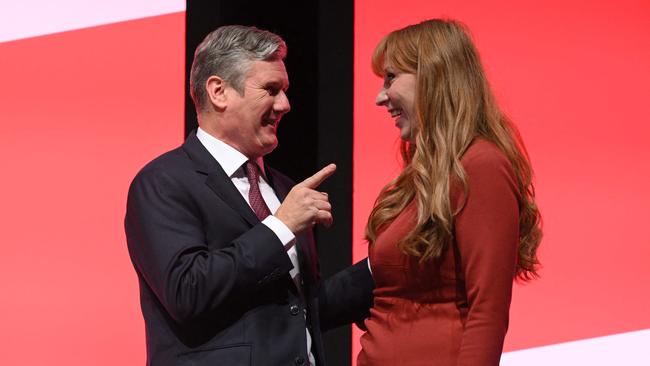
You need to have as broad a coalition as possible. Yet the Conservative Party is heading in the opposite direction. The party is now on its fourth prime minister in one period of government. And each change has been accompanied by a narrowing.
After the fall of David Cameron, people were excluded from the government for being allies of George Osborne. Boris Johnson dispensed with almost anyone who supported Remain or who harboured doubts about leaving the EU without a deal. Now Truss has constructed a government that isn’t merely weighted towards her supporters (an acceptable bias) but excludes almost anybody who didn’t support her.
The result is that even people like Rishi Sunak, Grant Shapps, Oliver Dowden, Sajid Javid and Michael Gove cannot find a place in the administration. If the government has constructed a position that excludes them, who does it include? How can it possibly win from such a narrow position? It becomes a sect not a party.
Johnson did at least have an idea of a new Conservative majority, in which he bore the loss of some previous Tory seats with equanimity because he would win some new ones. He lost office due to his personal conduct. The current government seems to have decided to support his personal conduct while opposing his political approach. A quite extraordinary combination.
The new voters the party is seeking do not want the policy of economic liberalism that Truss and Kwasi Kwarteng are advancing. And those old voters still hanging in there are astonished at the idea that money for tax cuts can just be borrowed.
A lot of moderate, relatively unpolitical people vote Conservative because they think it is the party that knows that one and one equals two, and has enough discipline to accept that you can’t buy things without paying for them. Why would those people vote Conservative now?
There are only three real reasons to believe that the Conservative Party will not be absolutely squashed next time. One, admittedly a real possibility, is that Labour does not do enough to assuage doubts. Another, also possible, is that the economy turns just at the right moment.
But the third is just an airy hand wave that it can’t possibly happen, for mystical reasons to do with political history. But people don’t identify with parties as they used to. Voters might show as little loyalty to the Conservative Party as the Conservative Party has shown to them.
I don’t want any of this to be true. But anyone who thinks the current massive Labour leads can’t be repeated at an election is fooling themselves.
The Times

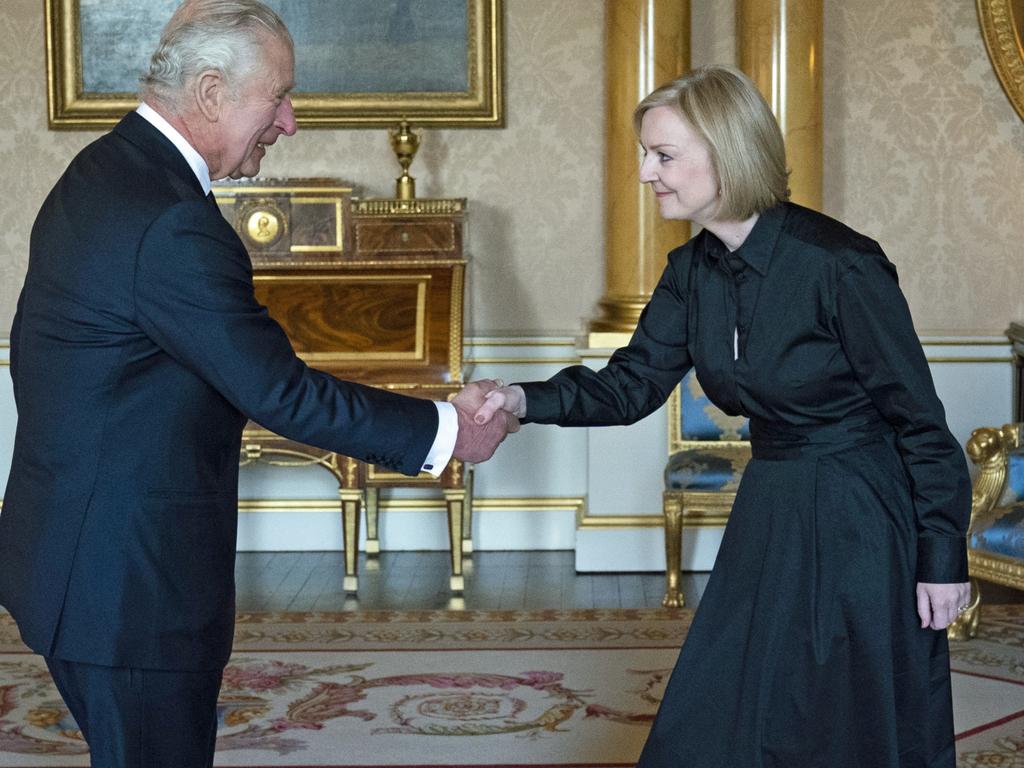
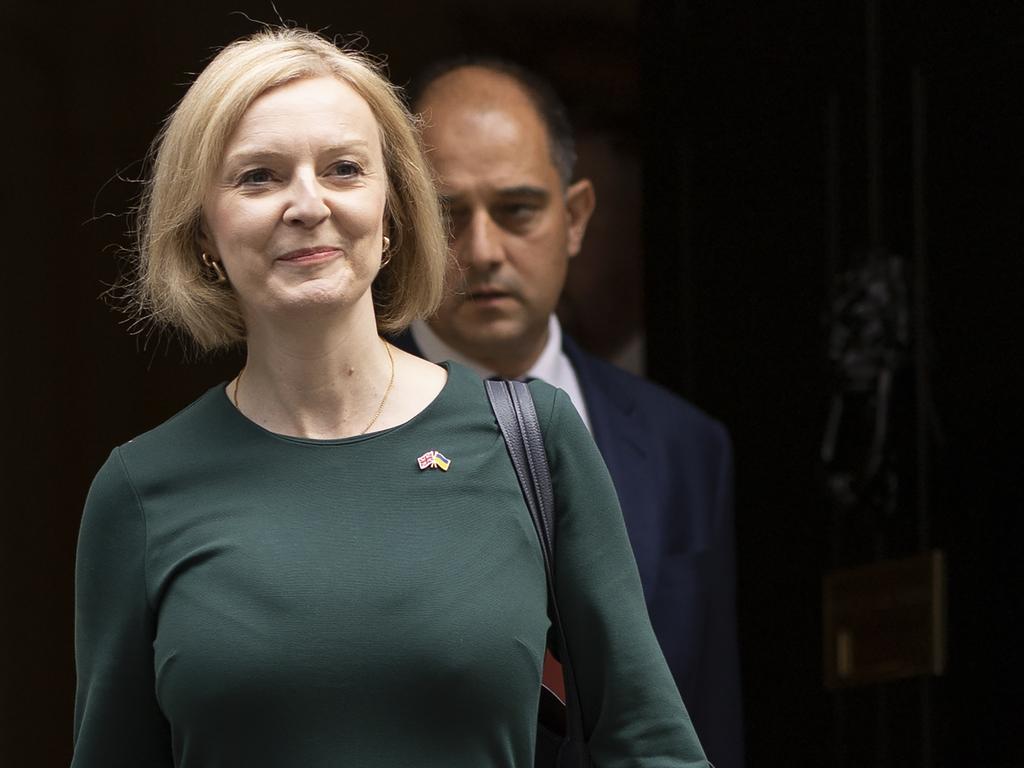




We have just passed the salmon mousse point. Some time in the autumn of 1996 I endured what was undoubtedly the most embarrassing lunch I ever attended. And consumed a salmon mousse intended for Alastair Campbell. I associate it completely with the realisation that everyone expected the Conservatives to lose the next election. And now we have reached the salmon mousse point again.